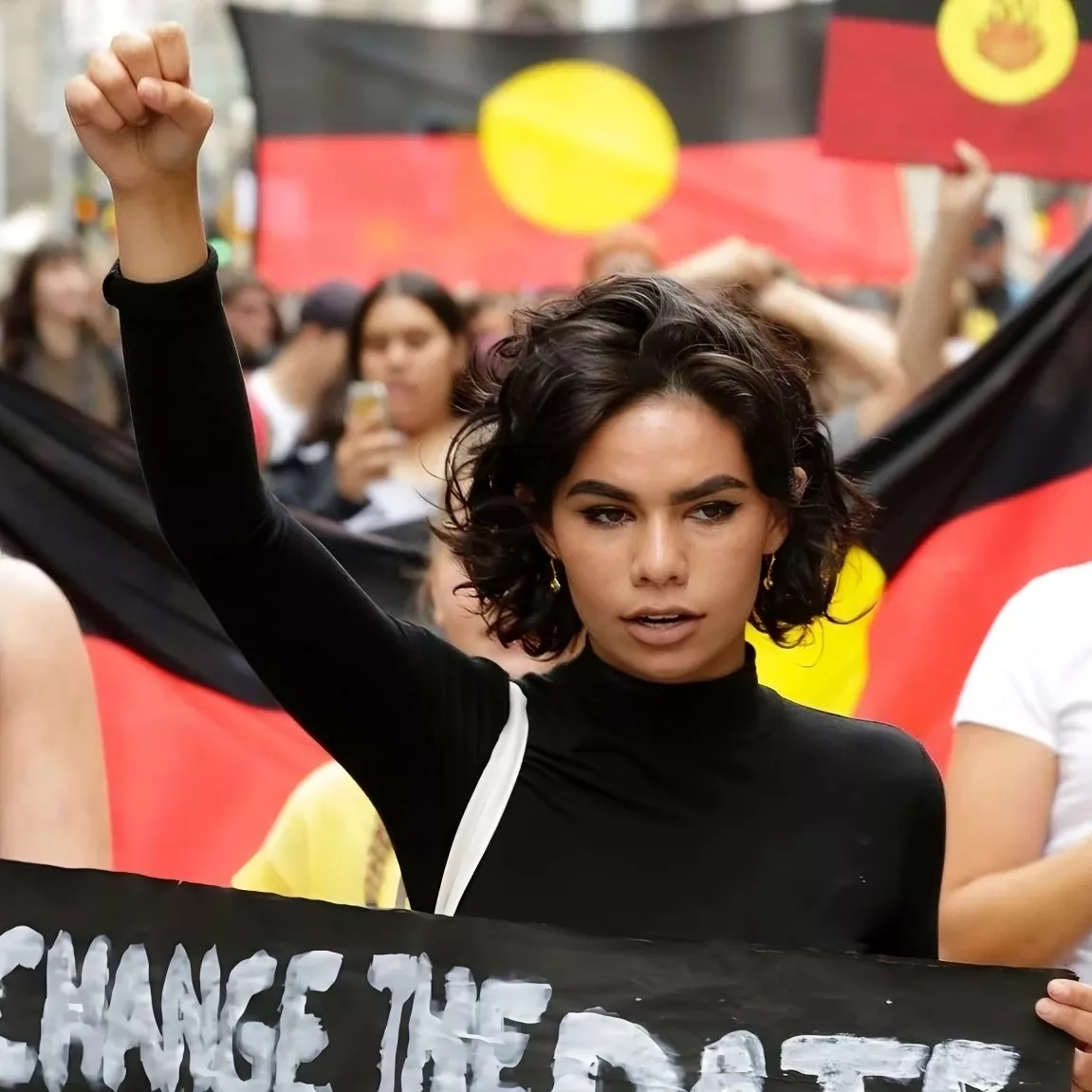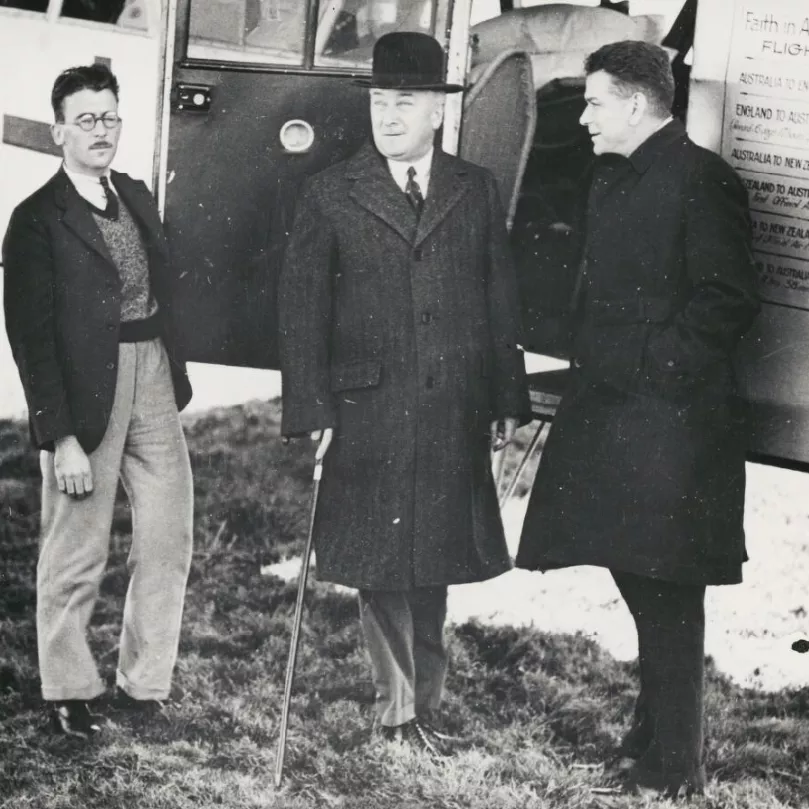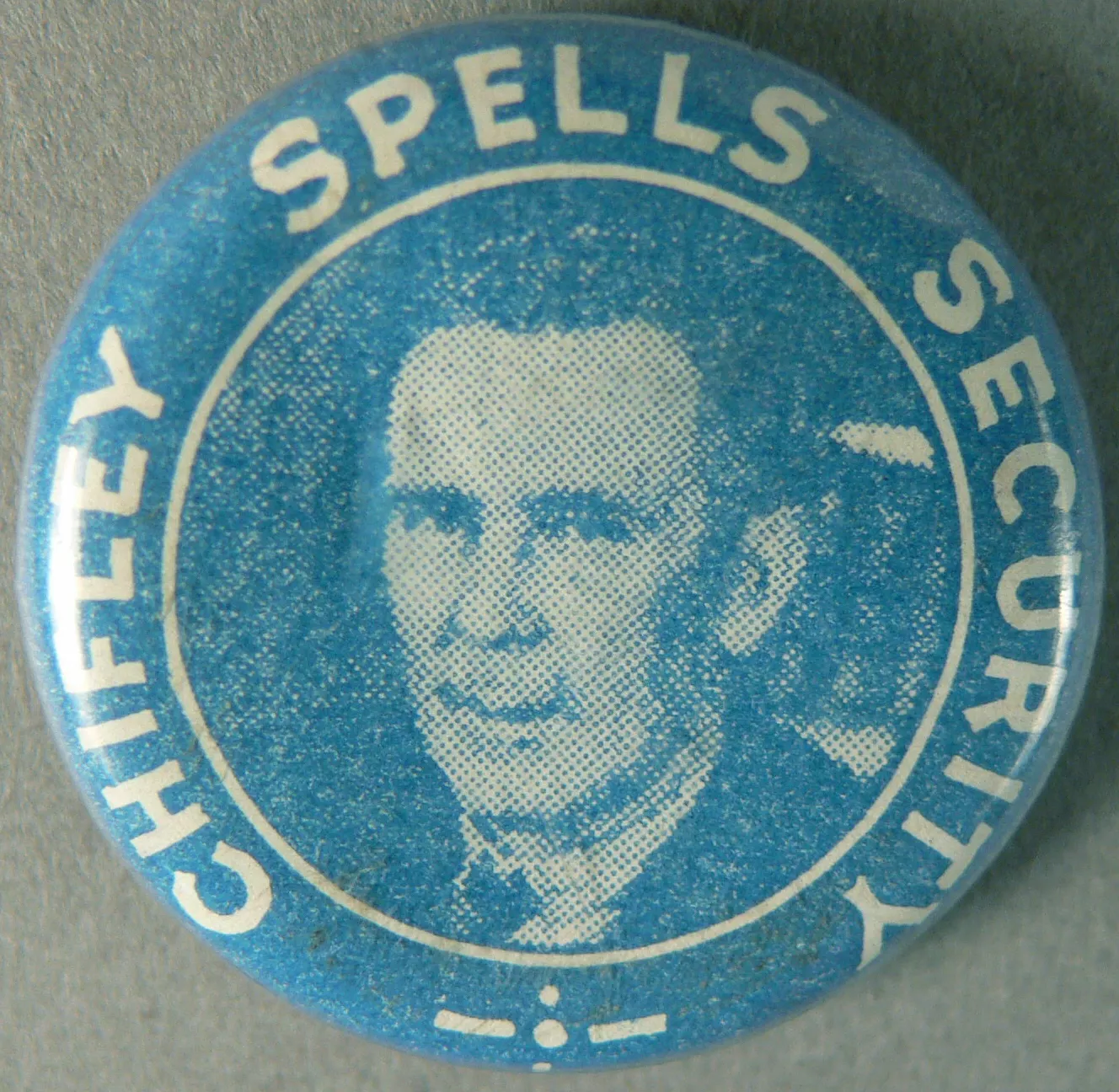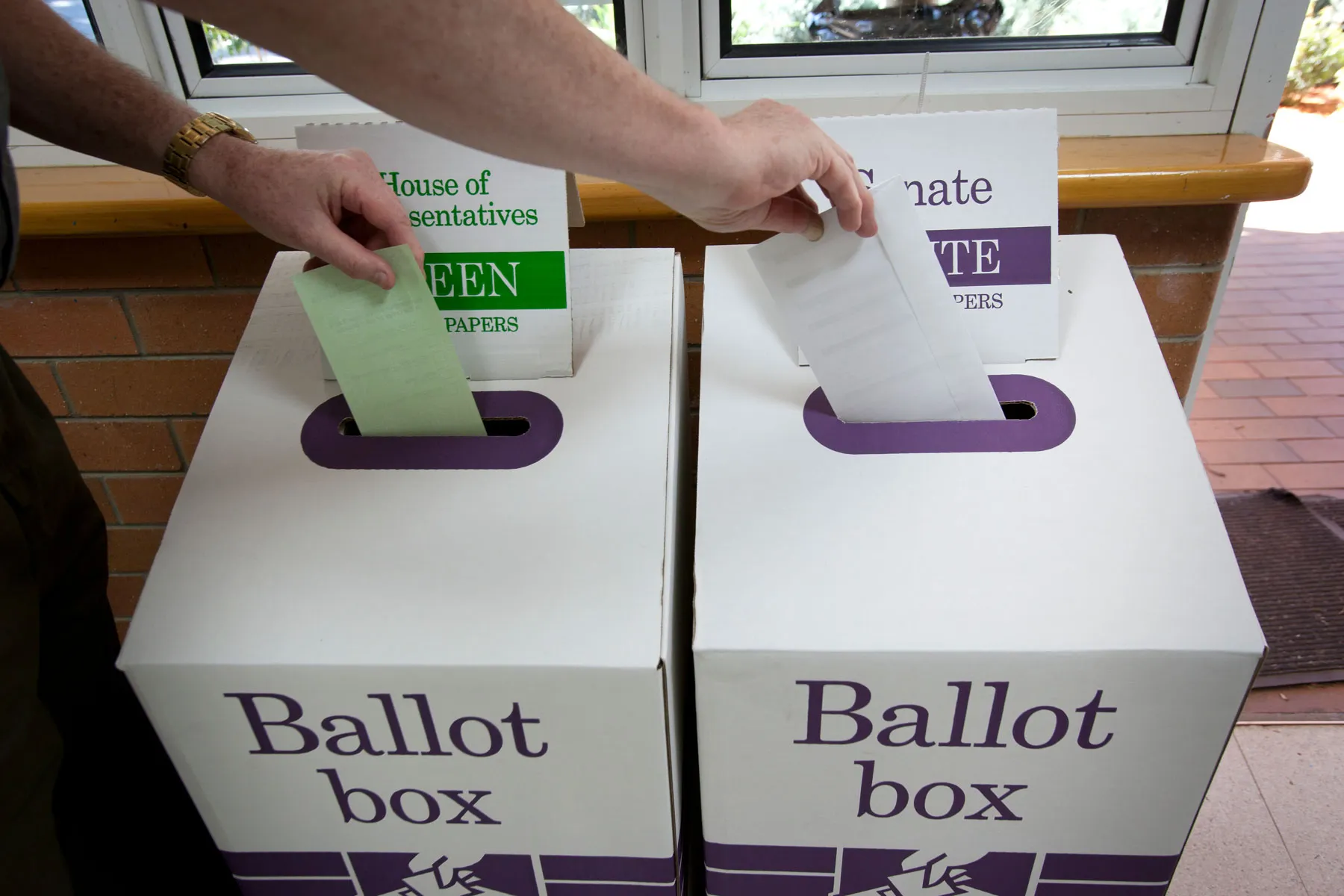Australian democracy
Every democratic society is distinct. The same is true for Australia, which is a representative democracy and, currently, a constitutional monarchy.
It shares similarities and traditions with British and North American democracies, but also has its unique features.
To better understand how Australian democracy works, we can measure each part against three criteria: is it free, is it equitable and is it fair?
Formed at federation
Many countries around the world emerged from a revolution against colonial, monarchical or aristocratic rule. Australia's federation was quite different – and comparatively peaceful.
People from six British colonies negotiated, designed a constitution and voted on joining a unified system of government. On 1 January 1901, those colonies federated and became the six states of the world's newest nation, Australia.
While remarkably free, this process was much less equitable. Most women and non-white people weren't allowed to vote. Some states almost voted against joining because they would be affected differently to others. Aboriginal and Torres Strait Islander peoples were actively excluded; their nations, borders and histories completely ignored.
If the process of federation happened today, how would you make it more free, equitable and fair?
A constitutional monarchy
When Australia federated, it became a constitutional monarchy.
The Constitution sets out the system of government – parliament, executive government and judiciary system – and separates power between them and the states. It also establishes the head of state: where some countries have a president, Australia’s highest official is the British Crown, represented by the Governor-General.
Australia had one of the first written constitutions, preceded by only a handful of countries such as Poland and the United States. Any change to it requires the majority of citizens vote for the change in a referendum, as well as at the majority the population of at least four states.
Thanks to this, Australia's Constitution is well protected from corruption or a ruler seeking absolute power. But keeping it up-to-date, such as better protection of rights, is incredibly difficult: only eight of the 44 referendums in Australia's history have been successful.
Independent elections
Australia's frequent elections is one of its most treasured qualities.
They are overseen by an independent body, the Australian Electoral Commission, who also draw electoral boundaries based entirely on population distribution. Compulsory voting helps to drive a consistently high voter turnout. Australia pioneered the secret ballot, with citizens casting their votes anonymously since the first federal election in 1901.
The gold standard for voting
Around the world, the 'Australian ballot' is considered the ideal model for truly anonymous voting, with the following attributes:
1. An official ballot being printed at public expense
2. On which the names of the nominated candidates of all parties and all proposals appear
3. Being distributed only at the polling place
4. Being marked in secret
Citizens vote for individual candidates to represent their local community in the House of Representatives and their state in the Senate. Australia uses a preferential system, passing a vote on to a person's next preferred candidate where the first doesn't receive a majority.
While Australia pioneered these and other causes, such as women's suffrage, it still isn't always equitable. It took a long time before non-white and Aboriginal and Torres Strait Islander people were allowed to vote. Even today, anyone who has been in prison for at least three years and some people living with a disability have their names removed from the electoral roll.
There's an argument that people younger than 18 and permanent residents – both subject to taxes and laws – should be able to vote. What do you think could make voting even more free, equitable and fair?
Parliament of the people
Members of Parliament (MPs) and Senators are elected by citizens and represent their interests in the two chambers of federal parliament, the House of Representatives and Senate. In them, parliamentarians introduce, debate, amend and vote on bills that, once assented by the Governor General, become law.
In the House of Representatives, MPs are a local representative of each electorate across the country. The majority, usually from the same party, form government and their leader becomes the Prime Minister. The Senate is composed of 76 Senators who represent the broader needs of their state and territory, scrutinise bills and refer them to inquiries, where required. Australia was one of the first countries where Senators are elected by citizens, rather than the heads of each state.
Australia has a long tradition of keeping a written record of parliamentary proceedings in hansard and pioneered their public broadcast. It was among the first to allow women to stand for parliament.
There is arguably room for improvement, though. The approximately 700,000 citizens of the Northern Territory and the Australian Capital Territory are only represented by two senators each, while the states are represented by 12 each. What could be some of the implications if a citizen's vote counts more or less than another?
The missing pieces
Australian democracy, while pioneering, is not perfect.
It was only recently that same-sex couples were allowed to marry. Many groups of people still face discrimination and lack adequate protection by law. Australia does not have a Bill of Rights to protect its people enshrined in its constitution.
Because it's an ongoing conversation, Australian democracy needs its people to be active with their voice, perspectives and ideas to hold government to account and ensure its society is free, equitable and fair.









